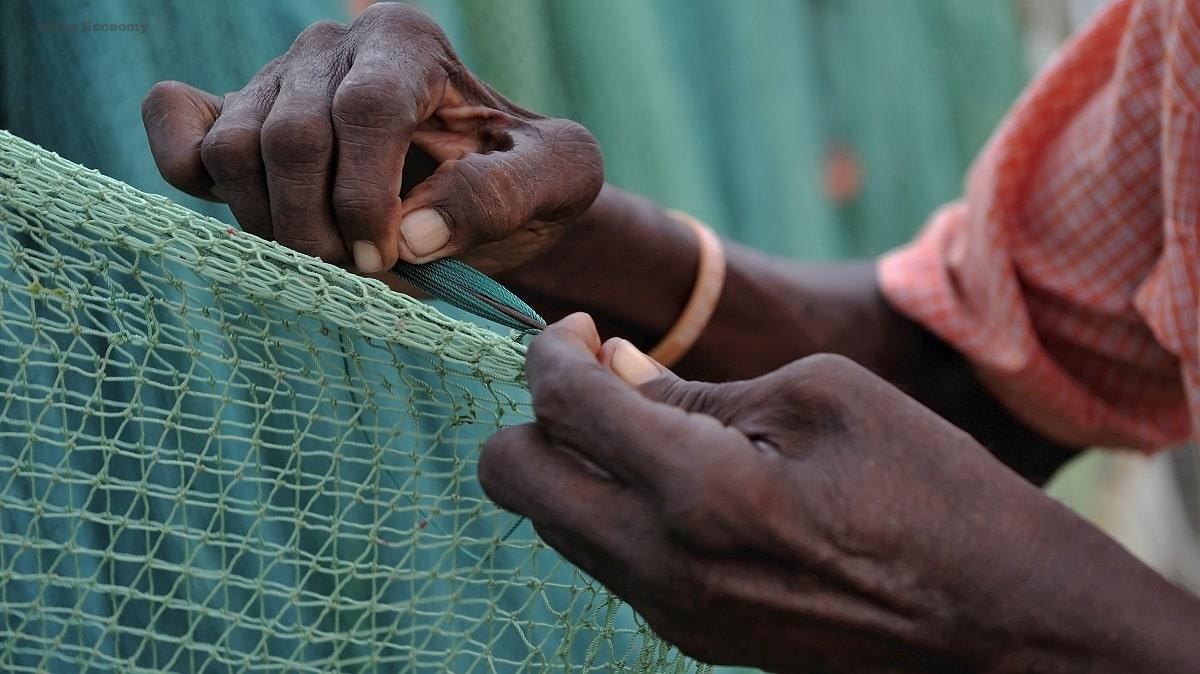UN-Oceans Forum identifies ways to sustainably change course for the benefit of marine resources and the people who depend on them.
Trade-in ocean-based goods and services are estimated to be worth at least $2.5 trillion per year – about 3% of global GDP in 2020.
The ocean’s resources provide food, jobs, and income for almost 3 billion people, most of whom live in developing countries.
Trade-in ocean-based goods and services are estimated to be worth at least $2.5 trillion per year – about 3% of global GDP in 2020. And Ocean-based economic opportunities for which markets don’t exist yet, such as marine ecosystems services, are estimated to be worth at least $24 trillion.
But these resources and opportunities are under threat and their protection is underfunded.
About 8-12 million tonnes of plastic waste and 51 trillion microplastic particles flood the marine environment, making it into the global food chain. And nearly 34% of the world’s fish stocks are below sustainable biological levels.
Yet only 1.6% of Official Development Assistance – roughly $2.9 billion per year – targeted the ocean economy from 2013 to 2018.
The distribution of the funds was geographically uneven, with little provided to the poorest nations, particularly small island developing states (SIDS) and least developed countries.
The fourth edition of the UN Oceans Forum, organized by an UNCTAD-led coalition from 6 to 8 April, called for sufficient and reliable long-term investment in a Blue Deal to conserve and sustainably use the ocean for sustainable development.
How trade can help
A summary by the forum’s chair sets out how countries can use trade to protect the ocean, while boosting the local economy and creating jobs, in line with Sustainable Development Goal 14.
It will contribute to discussions at the 2022 UN Ocean Conference in Lisbon from 27 June to 1 July 2022.
Here are five recommendations from the forum on the actions needed to build a sustainable ocean economy:

-
Promote non-polluting substitutes
The forum called for boosting the research, development and adoption of material substitutes that are less polluting to the ocean and are recyclable or compostable, such as natural fibres, marine algae by-products and post-harvest agricultural waste.
This can reduce our dependence on plastics while spurring innovation, supporting the circular economy and developing new industries, particularly in developing countries with low waste management capabilities.

-
Finalize a fisheries subsidies agreement
The world urgently needs to sign and implement a global agreement under the World Trade Organization (WTO) to regulate fisheries subsidies.
Technical support by WTO, UNCTAD, the Food and Agriculture Organization (FAO) and the UN Environment Programme (UNEP) will be key in the implementation phase, hopefully, after the 12th WTO Ministerial Conference set for 12 to 15 June 2022 in Geneva, Switzerland.
Also required are greater efforts towards developing ocean economy and trade strategies, bridging governance gaps and tackling illegal, unreported and unregulated fishing and illicit trade in marine resources.
In addition to promoting the sustainable use of our ocean’s resources, this would improve climate resilience, enhance ocean conservation and bolster responsible trade and investment.
-
Address social issues in ocean sectors
Greater efforts are needed to address social sustainability issues that exclude poor and marginalized communities or individuals from benefiting fairly and equitably from the commercialization of ocean resources.
Ocean economy stakeholders could facilitate inclusivity by understanding better and overcoming trade-related hurdles, such as non-tariff barriers and climate change impacts.

-
Scale-up access and use of technology
Stakeholders should leverage technology such as data collection and analysis tools like UNCTAD Trains to get information that includes WTO notifications on fisheries subsidies.
Forum participants called for continuous development of user-friendly UNCTAD and FAO tools for the monitoring of ocean-based sectors and coupling it with technical assistance and capacity development programmes.
-
Build sustainable and resilient supply chains
More work is needed to ensure sustainable supply chains, support small-scale fishers and promote economic diversification, for example by expanding seaweed farming and relevant by-products’ sectors.
The resilience of the ocean economy should be enhanced through better seaport infrastructure, more sustainable shipping operations and greater trade openness, particularly for SIDS.
The coalition that organized the fourth Oceans Forum included FAO, UNEP, the Commonwealth Secretariat, the Organisation of African, Caribbean and Pacific States, the Development Bank of Latin America, the International Ocean Institute and the governments of Portugal and Kenya.














